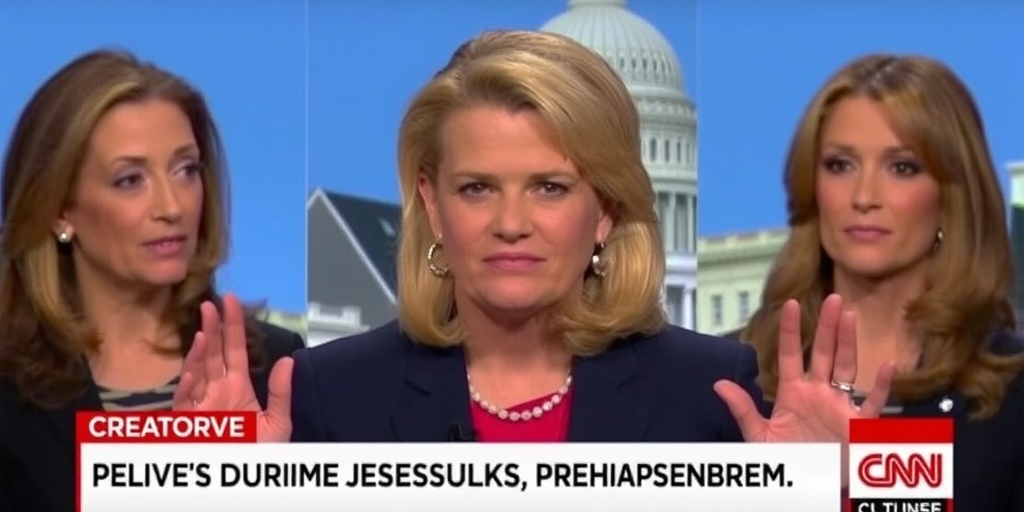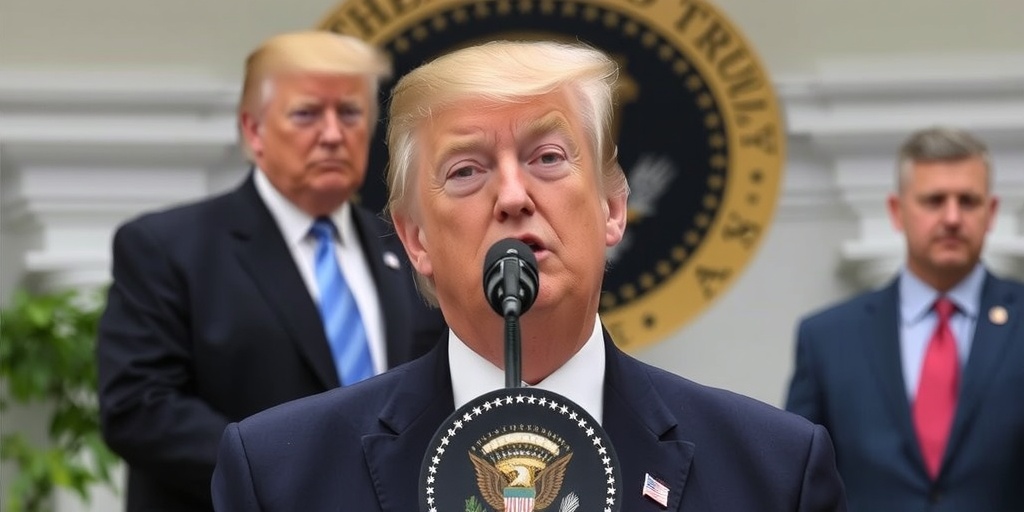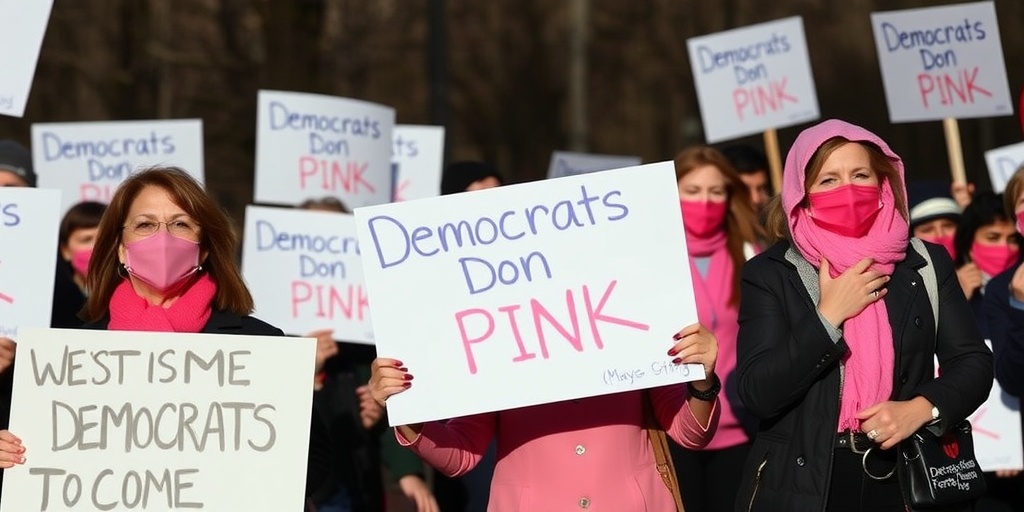Now Reading: Female Senators Challenge Hegseth on Views Toward Women
-
01
Female Senators Challenge Hegseth on Views Toward Women
Female Senators Challenge Hegseth on Views Toward Women

Controversial Senate Confirmation Hearing: Pete Hegseth Under Fire
In a tense Senate confirmation hearing, Pete Hegseth, nominated to lead the Pentagon, faced fierce scrutiny primarily from female Democratic senators. The proceedings revealed strong criticism of his past statements regarding women in the military and raised questions about his qualifications for the role of Secretary of Defense. Senators Jeanne Shaheen of New Hampshire, Kirsten Gillibrand of New York, Mazie Hirono of Hawaii, Elizabeth Warren of Massachusetts, and Tammy Duckworth of Illinois notably led the questioning, unwilling to let Hegseth evade crucial inquiries about his record and beliefs.
The hearing was characterized by a palpable sense of urgency, as Hegseth was interrogated over his previous remarks suggesting that women should not hold combat roles in the military. During the session, various senators directly confronted Hegseth, pressing him on whether he still held these views, particularly in light of his nomination by President-elect Donald J. Trump. The questions pointedly targeted the apparent inconsistency in his stance, which some senators characterized as a mere conversion based on political convenience.
While facing these grilling questions, Hegseth maintained a composed demeanor, asserting that he had never disparaged women serving in the armed forces. He expressed confidence in his qualifications to lead the Department of Defense and deflected accusations regarding his previous comments. “Yes, women will have access to ground combat roles, given the standards remain high, and we will have a review to ensure the standards have not been eroded,” he stated, highlighting his commitment to maintaining military efficacy while ensuring opportunities for female service members.
However, the senators were unconvinced. Elizabeth Warren, a prominent voice during the hearing, remarked that Hegseth’s shift in position had seemingly occurred in just 32 days, calling it a “nomination conversion.” Senator Gillibrand amplified the scrutiny, demanding clarification for Hegseth’s past statements, which she described as “brutal,” “mean,” and disrespectful to those willing to serve their country. Her assertive questioning underscored the concern that Hegseth’s past rhetoric could undermine the integrity and morale of the armed forces.
Other senators, such as Shaheen and Duckworth, also voiced significant apprehensions. Shaheen, adopting a more measured tone compared to Gillibrand, posed critical questions regarding fair promotion prospects for women in the military if Hegseth were to lead the Pentagon. Duckworth, a combat veteran herself, did not hold back, accusing Hegseth of being unqualified for the position. “You are asking us to lower the standards to make you the secretary of defense simply because you are buddies with a president elect,” she charged, emphasizing the seriousness of the implications of his leadership.
Amidst the critical perspective from Democratic senators, Hegseth encountered more supportive questioning from Republican Senator Joni Ernst of Iowa. Ernst, a retired lieutenant colonel in the Iowa Army National Guard, offered a contrast to the aggressive line of inquiry from the Democrats. She used her questioning time to elicit assurances from Hegseth regarding his commitment to uphold military standards for both men and women, as well as to support initiatives aimed at preventing sexual assault within the military.
Ernst’s endorsement is regarded as pivotal to Hegseth’s chances of being confirmed by the full Senate. Still, her more congenial approach stood in stark contrast to the intensity demonstrated by her Democratic colleagues. As the hearing unfolded, it became evident that Hegseth’s candidacy hinges significantly on his ability to navigate the complexities around gender equality in the military and to assure senators that he would foster an inclusive environment within the Department of Defense.
In addition to questions about gender issues, Senator Hirono raised concerns regarding Hegseth’s inflammatory remarks made previously about LGBTQ service members, demanding a commitment from him to defend all service members if confirmed. Hirono pressed Hegseth on whether he would resign if he broke a personal commitment to abstain from alcohol after taking the defense secretary position, to which Hegseth responded that he had made the commitment but refrained from promising to resign.
As the confirmation process progresses, it remains clear that Hegseth’s nomination has sparked significant debate surrounding key issues of gender equality, military standards, and the treatment of service members within the armed forces. The hearing has not only tested Hegseth’s resolve but also illuminated broader conversations about the future of the military under his potential leadership and the administration he will serve. With the commitment of female senators to hold him accountable, the outcome of Hegseth’s nomination promises to be closely monitored in the days ahead.
Stay Informed With the Latest & Most Important News
Previous Post
Next Post
-
 01New technology breakthrough has everyone talking right now
01New technology breakthrough has everyone talking right now -
 02Unbelievable life hack everyone needs to try today
02Unbelievable life hack everyone needs to try today -
 03Fascinating discovery found buried deep beneath the ocean
03Fascinating discovery found buried deep beneath the ocean -
 04Man invents genius device that solves everyday problems
04Man invents genius device that solves everyday problems -
 05Shocking discovery that changes what we know forever
05Shocking discovery that changes what we know forever -
 06Internet goes wild over celebrity’s unexpected fashion choice
06Internet goes wild over celebrity’s unexpected fashion choice -
 07Rare animal sighting stuns scientists and wildlife lovers
07Rare animal sighting stuns scientists and wildlife lovers





















